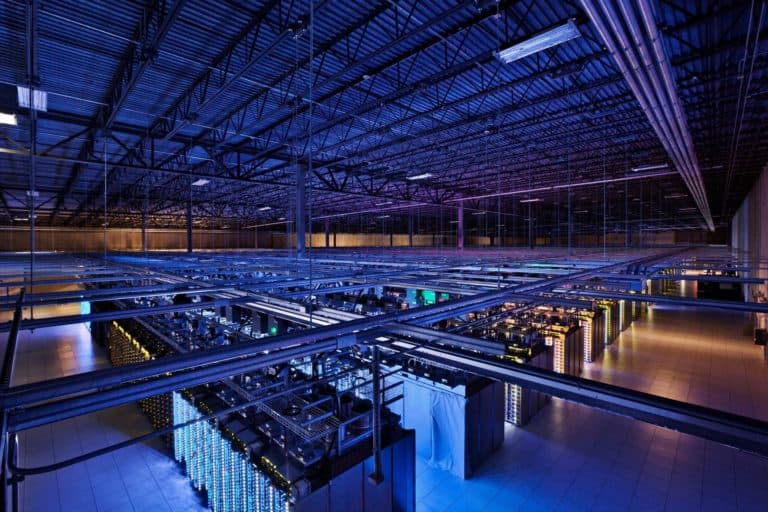The ‘hyperscale’ data center operators spent a lot more money on new infrastructure last quarter than they did a year ago. Last quarter, they jointly spent 26 billion dollars on this new infrastructure – 53 percent more than in the same quarter a year earlier.
This is what the Synergy Research Group says in its latest report on spending in hyperscale infrastructure. Amazon Web Services, Google, Microsoft, Facebook and Apple are by far the largest parties in this field. They are all hyperscale operators, or large internet companies that have their own distributed infrastructure. This infrastructure is easy to scale up to meet demand, without the need for extra physical space.
Competition almost impossible
Together, the five companies spent more than seventy percent of all the money that went into hyperscale. Microsoft in particular spent more, while the other four companies spent a little less than in the previous quarter. Companies like Alibaba, Baidu, JD and Tencent, as well as IBM and NTT Communications also invested more.
Synergy lead researcher John Dinsdale says that business is going well for hyperscale companies: Over the past four quarters, annual revenue has grown by an average of 24 percent, and they are also investing an ever-increasing percentage of revenue in expansion. Partly because of this, it is virtually impossible for other companies to compete with the largest cloud providers. There is a big barrier to be overcome for companies that want to compete meaningfully with these hyperscale companies. That is because of the scale and there are only a few companies that can participate.
All major suppliers are expanding considerably. For example, Google invests more than a billion dollars in new infrastructure projects in Singapore and Chile. Amazon and other providers such as Microsoft are also investing heavily in the opening of new facilities and regions. Despite Google’s investment, AWS is still the largest public cloud provider today, where Microsoft is number two in every major region – except for the Asia Pacific, where Alibaba is number two.
This news article was automatically translated from Dutch to give Techzine.eu a head start. All news articles after September 1, 2019 are written in native English and NOT translated. All our background stories are written in native English as well. For more information read our launch article.